Home / india / Operation Sindoor: India’s Fierce Retaliation Wipes Out 70 Terrorists in Precision Missile Strikes
Operation Sindoor: India’s Fierce Retaliation Wipes Out 70 Terrorists in Precision Missile Strikes
By: My India Times
5 minutes read 25Updated At: 2025-05-07

Operation Sindoor, executed in the early hours of May 7, 2025, marks a significant moment in India’s defense history. This military action was launched as a direct and powerful response to the gruesome terrorist attack in Pahalgam, Jammu & Kashmir, on April 22, which claimed the lives of 26 innocent people—25 Indian nationals and one Nepali citizen. The attack carried out by The Resistance Front (TRF), which is linked to the Pakistan-based terror group Lashkar-e-Taiba, shocked the entire country and drew a lot of outrage and condemnation. The Indian government, under the leadership of Prime Minister Narendra Modi, vowed a swift and appropriate response, and Operation Sindoor was the result of that commitment.
24 Missile Strikes on 9 Terror Camps: A Precise and Powerful Blow
At exactly 1:44 AM, the Indian Armed Forces initiated a highly coordinated missile assault that lasted for just 25 minutes. Within this short span, 24 precision-guided missiles were fired at nine identified terror camps located in both Pakistan and Pakistan-Occupied Kashmir (PoK). These included well-known terrorist hubs such as Muridke, the headquarters of Lashkar-e-Taiba, and Bahawalpur, a major base for Jaish-e-Mohammed. These terror camps were not random selections but carefully chosen targets identified over several weeks through continuous surveillance and real-time intelligence gathering by Indian security agencies.
Major Damage Inflicted: Over 70 Terrorists Eliminated
The outcome of the operation was devastating for the terrorists. Over 70 terrorists were killed in the strikes, including many foreign-trained operatives and mid-level commanders. An additional 60 were seriously wounded, leaving their organizations in disarray. According to sources within the Indian intelligence community, the infrastructure of several key terror networks was completely dismantled. Buildings used for arms training, planning, and logistics were turned to rubble, and communication lines were severed. This has significantly reduced the operational capacity of the groups responsible for planning and executing attacks on Indian soil.
Targeted Operation With International Legal Backing
What sets Operation Sindoor apart is its precision and restraint. The Indian Ministry of Defence issued an official statement confirming that the strikes were aimed solely at terror infrastructure and were carefully designed to avoid civilian casualties or damage to Pakistani military installations. The statement described the operation as "focused, measured, and non-escalatory," reinforcing India's commitment to responsible military conduct. By refraining from targeting military or civilian infrastructure, India sent a strong message: its fight is against terrorism, not the Pakistani state or its people.
Coordinated With Nationwide Civil Defense Drill
Another remarkable aspect of the operation is its timing. Just hours after the missile strikes, a nationwide civil defense mock drill was conducted across 244 districts in India. This simultaneous planning highlights the strategic depth of India’s preparedness, both militarily and in terms of civilian safety. The drill simulated emergency scenarios in the event of a hostile attack, indicating a coordinated approach to national security.
Pakistan’s Denial vs Ground Reality in PoK
Predictably, the Pakistani government denied the occurrence of any such strikes. However, reports from local residents in PoK and satellite imagery tell a different story. Multiple unverified videos and eyewitness accounts emerged on social media showing explosions, damaged buildings, and emergency medical teams responding in the early hours of Wednesday. Despite the Pakistani military’s initial silence, the overwhelming evidence suggests significant damage was inflicted during the strikes.
Global Reaction: Support For India’s Right to Self-Defense
International reaction to Operation Sindoor has been cautiously supportive. Several global powers, including the United States, France, and Australia, reiterated India's right to self-defense and condemned the Pahalgam terror attack. The United Nations urged both India and Pakistan to de-escalate and maintain regional stability, while still acknowledging the seriousness of the terror threat that India faces. This measured international response indicates a growing global recognition of India’s long-standing challenges with cross-border terrorism.
Nation Unites Behind Armed Forces
Back home, the nation stood united behind its armed forces. Across the political spectrum, leaders expressed their support and admiration for the military’s precision and courage. Public sentiment echoed a sense of justice and relief, with many citizens hailing Operation Sindoor as a bold and necessary action. The opposition refrained from criticism, acknowledging the need for strong retaliation against the forces that continue to disrupt peace and security in the region.
High Alert Nationwide: Security Stepped Up
Security has since been heightened across India. All major cities and strategic locations are on high alert. Intelligence agencies are monitoring chatter across terror networks to prevent any retaliatory moves. Border forces have been instructed to remain vigilant, and critical infrastructure is under enhanced surveillance.
A Clear Message to the World
Operation Sindoor sends an unmistakable message—not just to the terror outfits that threaten India's sovereignty, but to the international community. It reinforces India’s stance that terrorism will not be tolerated, and that those responsible for acts of terror will be held accountable, regardless of where they hide. This operation sets a new precedent in India’s counter-terrorism doctrine—one that prioritizes precision, international legality, and strategic restraint, but does not shy away from decisive action.
In the wake of this successful strike, it is clear that India has not only avenged the innocent lives lost in Pahalgam but has also shifted the balance in the ongoing fight against terrorism. The resolve demonstrated through Operation Sindoor will likely deter future attempts to destabilize the nation and may usher in a new era of proactive defense and international cooperation against terrorism.
....Operation Sindoor, executed in the early hours of May 7, 2025, marks a significant moment in India’s defense history. This military action was launched as a direct and powerful response to the gruesome terrorist attack in Pahalgam, Jammu & Kashmir, on April 22, which claimed the lives of 26 innocent people—25 Indian nationals and one Nepali citizen. The attack carried out by The Resistance Front (TRF), which is linked to the Pakistan-based terror group Lashkar-e-Taiba, shocked the entire country and drew a lot of outrage and condemnation. The Indian government, under the leadership of Prime Minister Narendra Modi, vowed a swift and appropriate response, and Operation Sindoor was the result of that commitment.
24 Missile Strikes on 9 Terror Camps: A Precise and Powerful Blow
At exactly 1:44 AM, the Indian Armed Forces initiated a highly coordinated missile assault that lasted for just 25 minutes. Within this short span, 24 precision-guided missiles were fired at nine identified terror camps located in both Pakistan and Pakistan-Occupied Kashmir (PoK). These included well-known terrorist hubs such as Muridke, the headquarters of Lashkar-e-Taiba, and Bahawalpur, a major base for Jaish-e-Mohammed. These terror camps were not random selections but carefully chosen targets identified over several weeks through continuous surveillance and real-time intelligence gathering by Indian security agencies.
Major Damage Inflicted: Over 70 Terrorists Eliminated
The outcome of the operation was devastating for the terrorists. Over 70 terrorists were killed in the strikes, including many foreign-trained operatives and mid-level commanders. An additional 60 were seriously wounded, leaving their organizations in disarray. According to sources within the Indian intelligence community, the infrastructure of several key terror networks was completely dismantled. Buildings used for arms training, planning, and logistics were turned to rubble, and communication lines were severed. This has significantly reduced the operational capacity of the groups responsible for planning and executing attacks on Indian soil.
Targeted Operation With International Legal Backing
What sets Operation Sindoor apart is its precision and restraint. The Indian Ministry of Defence issued an official statement confirming that the strikes were aimed solely at terror infrastructure and were carefully designed to avoid civilian casualties or damage to Pakistani military installations. The statement described the operation as "focused, measured, and non-escalatory," reinforcing India's commitment to responsible military conduct. By refraining from targeting military or civilian infrastructure, India sent a strong message: its fight is against terrorism, not the Pakistani state or its people.
Coordinated With Nationwide Civil Defense Drill
Another remarkable aspect of the operation is its timing. Just hours after the missile strikes, a nationwide civil defense mock drill was conducted across 244 districts in India. This simultaneous planning highlights the strategic depth of India’s preparedness, both militarily and in terms of civilian safety. The drill simulated emergency scenarios in the event of a hostile attack, indicating a coordinated approach to national security.
Pakistan’s Denial vs Ground Reality in PoK
Predictably, the Pakistani government denied the occurrence of any such strikes. However, reports from local residents in PoK and satellite imagery tell a different story. Multiple unverified videos and eyewitness accounts emerged on social media showing explosions, damaged buildings, and emergency medical teams responding in the early hours of Wednesday. Despite the Pakistani military’s initial silence, the overwhelming evidence suggests significant damage was inflicted during the strikes.
Global Reaction: Support For India’s Right to Self-Defense
International reaction to Operation Sindoor has been cautiously supportive. Several global powers, including the United States, France, and Australia, reiterated India's right to self-defense and condemned the Pahalgam terror attack. The United Nations urged both India and Pakistan to de-escalate and maintain regional stability, while still acknowledging the seriousness of the terror threat that India faces. This measured international response indicates a growing global recognition of India’s long-standing challenges with cross-border terrorism.
Nation Unites Behind Armed Forces
Back home, the nation stood united behind its armed forces. Across the political spectrum, leaders expressed their support and admiration for the military’s precision and courage. Public sentiment echoed a sense of justice and relief, with many citizens hailing Operation Sindoor as a bold and necessary action. The opposition refrained from criticism, acknowledging the need for strong retaliation against the forces that continue to disrupt peace and security in the region.
High Alert Nationwide: Security Stepped Up
Security has since been heightened across India. All major cities and strategic locations are on high alert. Intelligence agencies are monitoring chatter across terror networks to prevent any retaliatory moves. Border forces have been instructed to remain vigilant, and critical infrastructure is under enhanced surveillance.
A Clear Message to the World
Operation Sindoor sends an unmistakable message—not just to the terror outfits that threaten India's sovereignty, but to the international community. It reinforces India’s stance that terrorism will not be tolerated, and that those responsible for acts of terror will be held accountable, regardless of where they hide. This operation sets a new precedent in India’s counter-terrorism doctrine—one that prioritizes precision, international legality, and strategic restraint, but does not shy away from decisive action.
In the wake of this successful strike, it is clear that India has not only avenged the innocent lives lost in Pahalgam but has also shifted the balance in the ongoing fight against terrorism. The resolve demonstrated through Operation Sindoor will likely deter future attempts to destabilize the nation and may usher in a new era of proactive defense and international cooperation against terrorism.
By: My India Times
Updated At: 2025-05-07
Tags: india News | My India Times News | Trending News | Travel News
Join our WhatsApp Channel



.webp)


.webp)
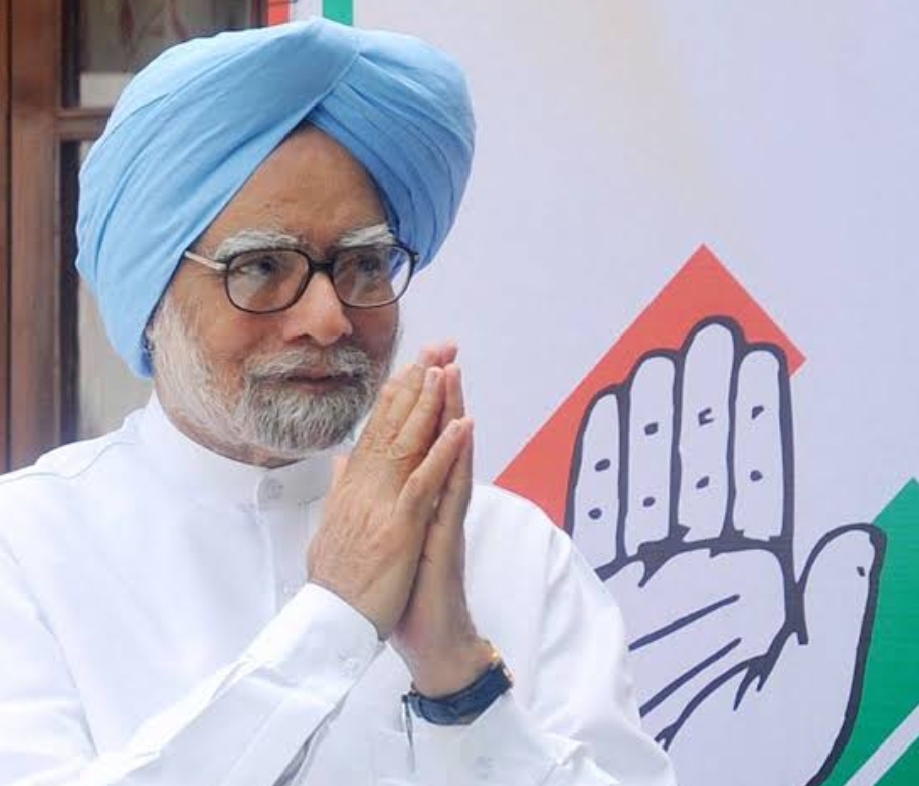





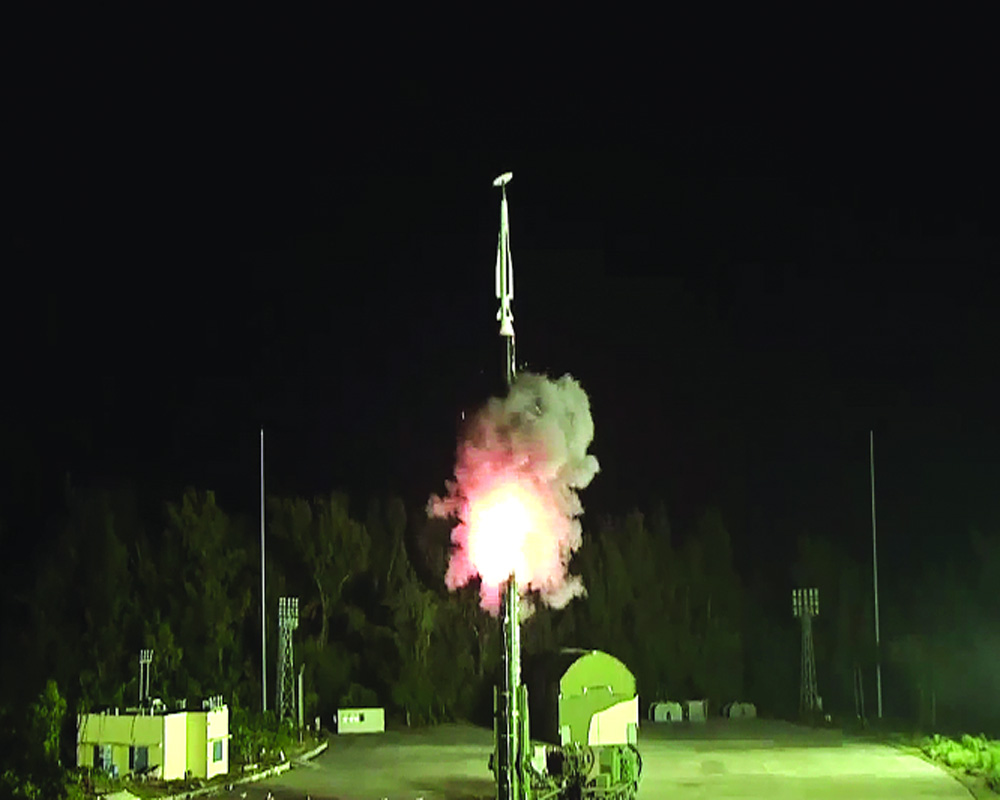




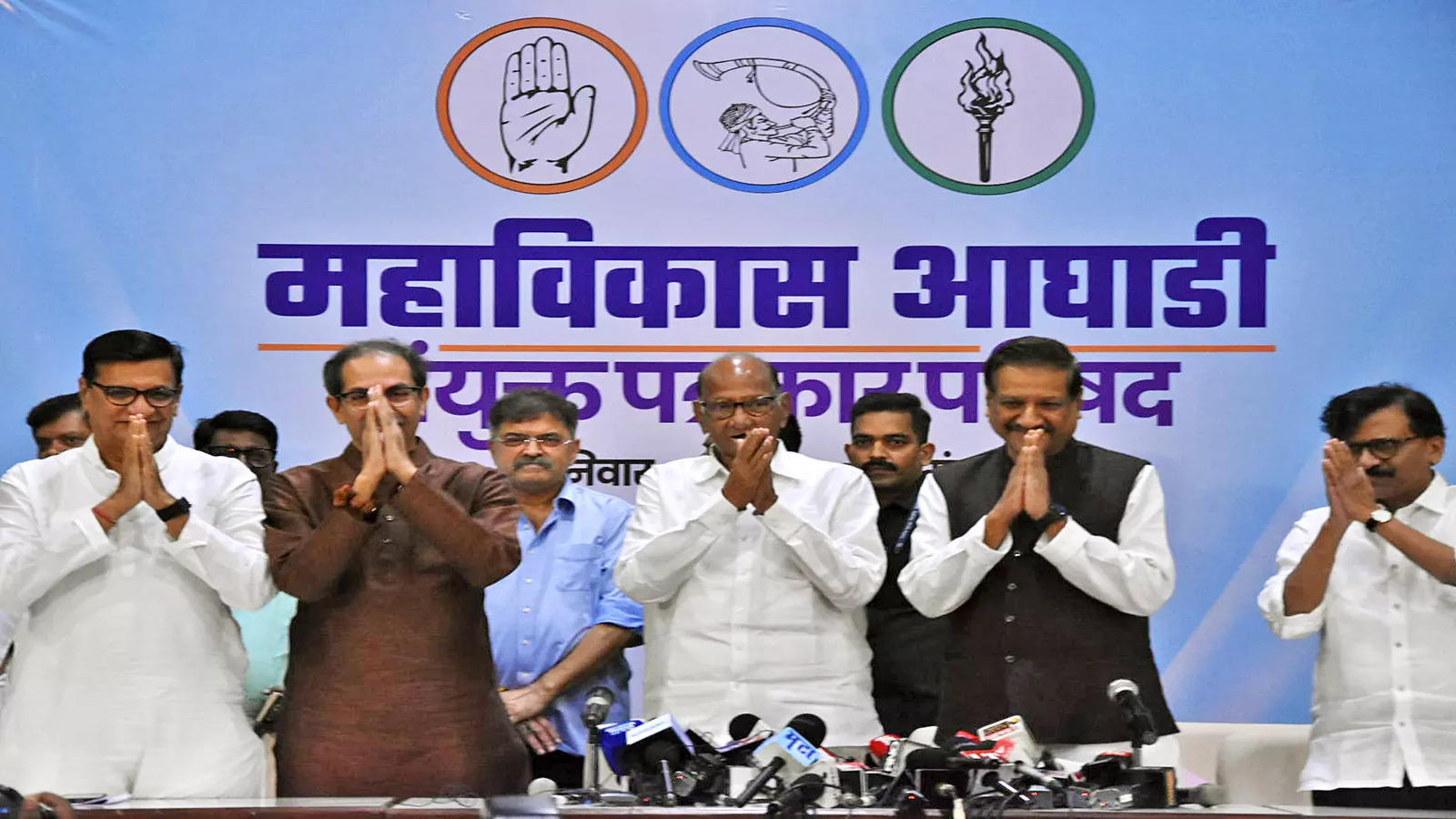
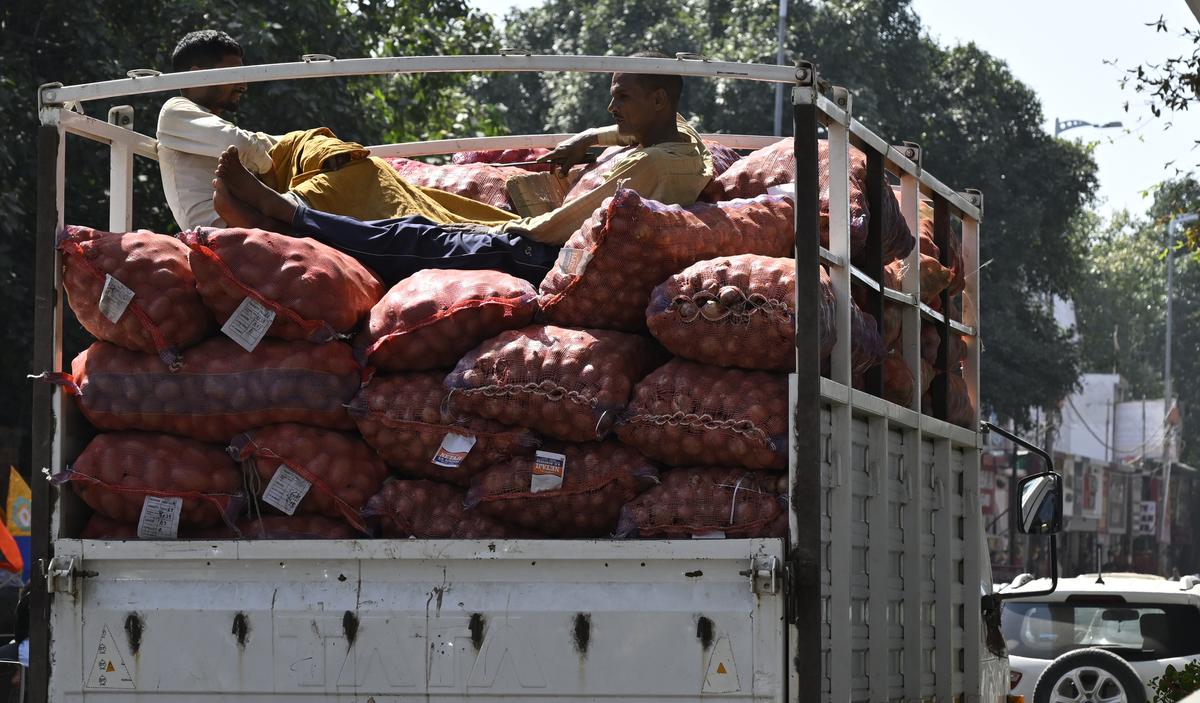

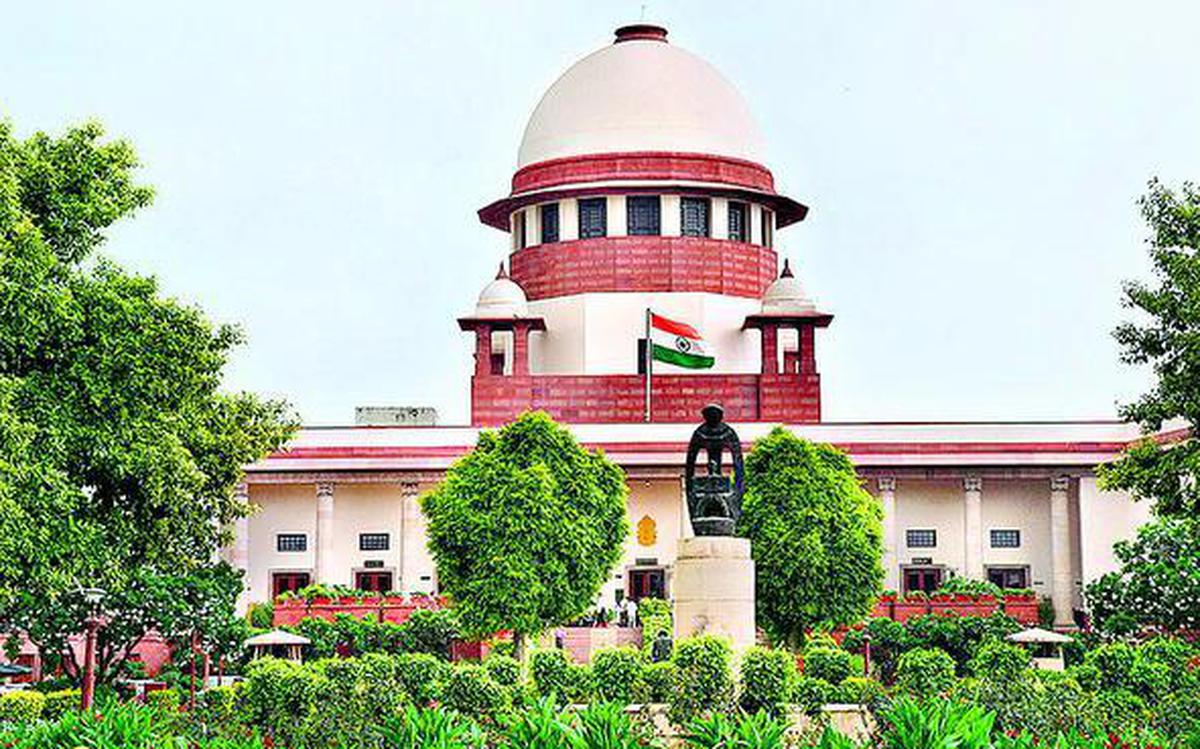


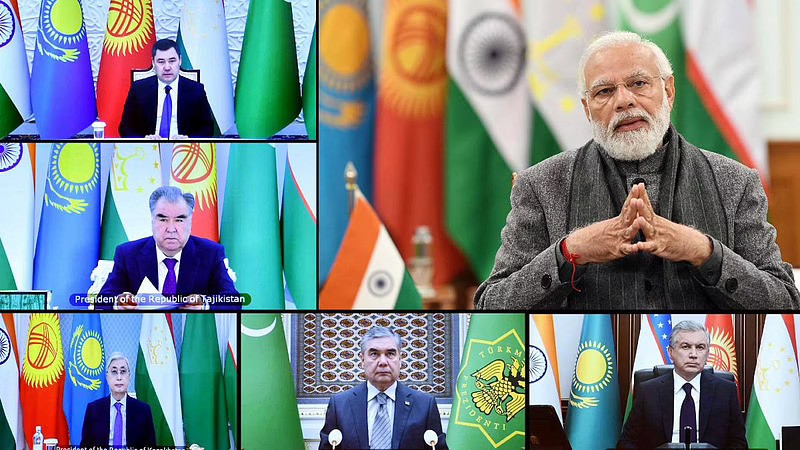























































































.png)
 (1).png)























